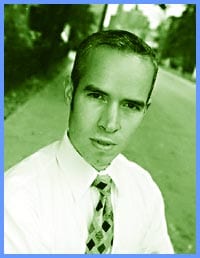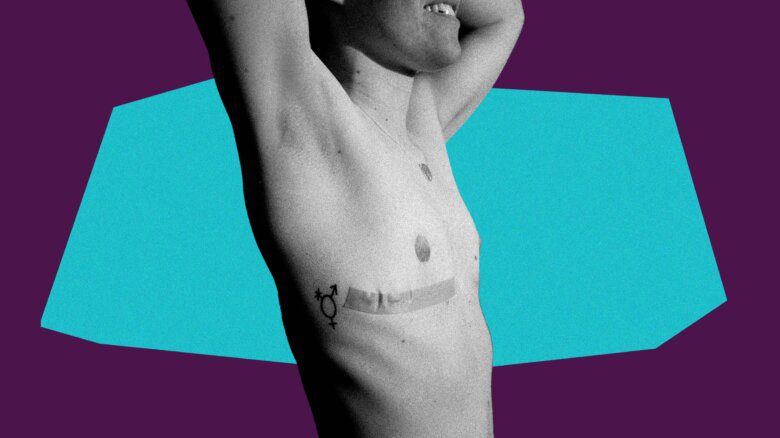More people are dying at Casey House.
“The number of deaths is going up at Casey House, and in our community program – and across continent,” says Dr Scott MacDonald, the medical director at the AIDS hospice.
“It’s the cocktail. If it works for most people the first time around, eventually the virus develops resistance.
“They maybe take that for years… but most people break through in a few months. If you do get breakthrough, you need a switch. You really get only two or three kicks.”
Nintey-six percent – that’s 23 out of the 24 people admitted to the Casey House residential program in the last six-and-a-half months – have died.
That’s a shockingly high percentage that hasn’t been seen in years. Back in 1996-97 (Casey House generally keeps statistics by fiscal year), the numbers say that everyone admitted died (that was 91 lives). Then the percentages aren’t as scary – until the year 2000.
Says MacDonald: “We’ve only seen number going up in the last six months.
“It’s important not to present this as terrifying and devastating and that there’s no option.
“The numbers are not completely horrific. Compared to what we had in 1995, when everybody was dying [by the dozens], we’re better off. But HIV is still a chronic devastating disease.”
The percentage of deaths for those in the community program – where people live at home but get regular visits – is also going up, but not nearly as drastically (and actual numbers are down, but so is the number of admissions).
MacDonald notes that some deaths are the result of other medical conditions worsened by the HIV.
But he says we also need more and better medications. “The drugs that we have now aren’t good enough, and we need to understand the side effects better and how to prevent them.”
By the time patients get to Casey House, treatment decisions have already been made.
But those side effects are, according to MacDonald, keeping gay men from taking the drugs. “I’ve heard the story many times.”
The cocktails often affect the shape of the face, the belly and create a kind of hump in the upper back.
“One of the big concerns of any person living with HIV is the body changes that can occur as side effects of drugs. When I walk around the community now, I can spot people with HIV.
“Some will stop the meds because that process starts to happen. In the gay community, of course there are extreme body issues.
“That’s not an easy decision.”

 Why you can trust Xtra
Why you can trust Xtra


